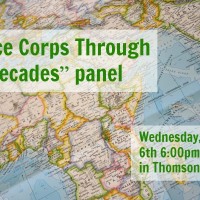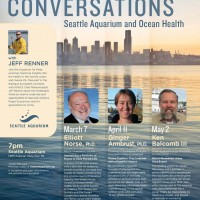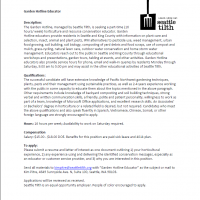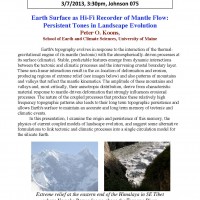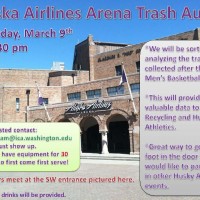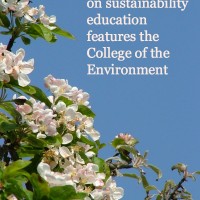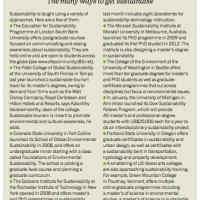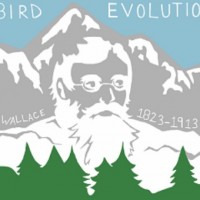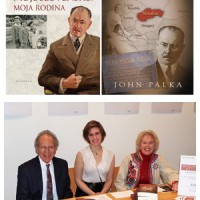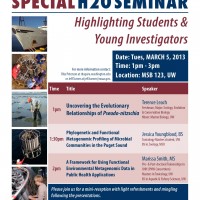Interested in joining or learning more about Peace Corps? Go to the “Peace Corps Through the Decades” panel that will be taking place this Wednesday, March 6th 6:00pm-7:30pm in Thomson 125.
The panel will consist of returned volunteers who have served in the 1960’s to volunteers who recently arrived back home. The volunteers on the panel have served in Africa, South America, and in the South Pacific and been involved in projects focused on health education, environmental awareness, and community economic development. It will be an interesting opportunity to learn more about the history of Peace Corps, how things have changed, and how things have remained the same.
